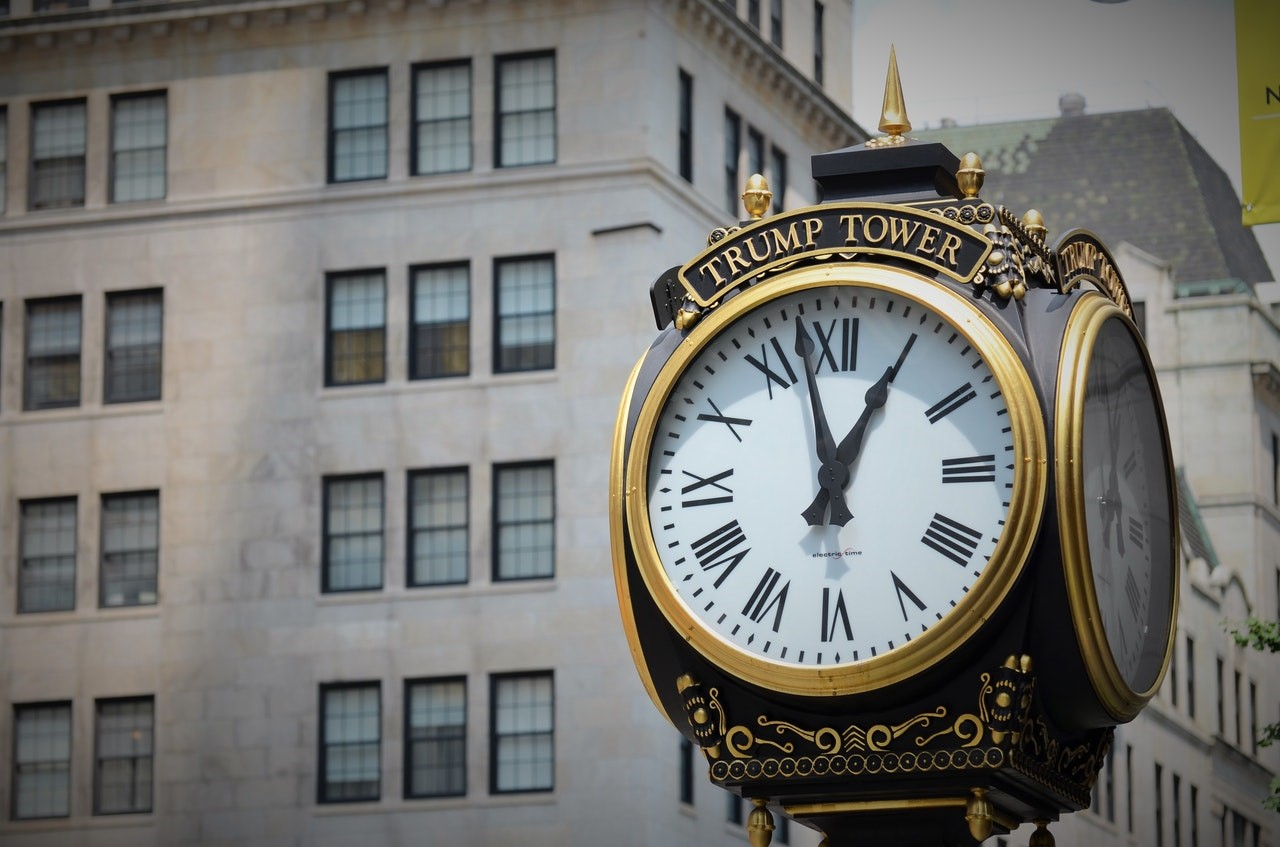Donald Trump Sets A Task Force to Investigate Cryptocurrency Crimes and Frauds

Earlier this week, on Wednesday, July 11, U.S President Donald Tump signed an executive order along with Deputy Attorney General Rod Rosenstein. Named as the Task Force on Market Integrity and Consumer Fraud, it will operate as a special consumer protection unit under the Department of Justice (DOJ).
The executive order clearly mentions that its major aim to combat and nullify the growing menace of cryptocurrency crimes and frauds. The order also mentions that the task force will "provide guidance for the investigation and prosecution of cases involving fraud.”
While commenting on the formation of the new task-force, Rosenstein said: “We expect to focus on cases involving fraud against the government, the financial markets, and consumers; procurement and grant fraud; securities and commodities fraud; digital currency fraud; money laundering; health care fraud; tax fraud; and other financial crimes.“
The Attorney General said that the task force will also focus on deterring crimes instead of just going after the current frauds. Additionally, the Department of Justice will also be looking into providing guidance to the current investigations while proposing new investor protection initiatives and regulations.
During a recent press-conference in Washington, Rosenstein unveiled the new structure along with SEC chairman Jay Clayton, FTC Head Joseph Simons and Mick Mulvaney, and the current director of Consumer Financial Protection Bureau (CFPB).
During the press conference the SEC chairman Jay Clayton also stressed the need for all agencies to work together. He cited the recent example of how SEC with the help of ederal criminal authorities and other regulators was able to neutralise the $600 million ArasiBank fraud and secure the investor funds. He said: “Punishing wrongdoing is important but it is no more important than getting victims their money back.”
He also said that the securities watchdog is also working towards introducing proper regulations for digital currencies and ICOs to function in the country.
Since the beginning of this year, regulatory bodies and other U.S government authorities started working on a “comprehensive” strategy to combat the menace of cryptocurrency frauds. In February, the U.S Department of Justice also set a cybersecurity task force for the operation of digital currencies.
At that time, Attorney General Rosenstein said: "A lot of these schemes involve bitcoin and other cryptocurrencies which do not flow through the traditional financial system. What we're working on now with our cybercrime task force is a working on a comprehensive strategy to deal with that."


